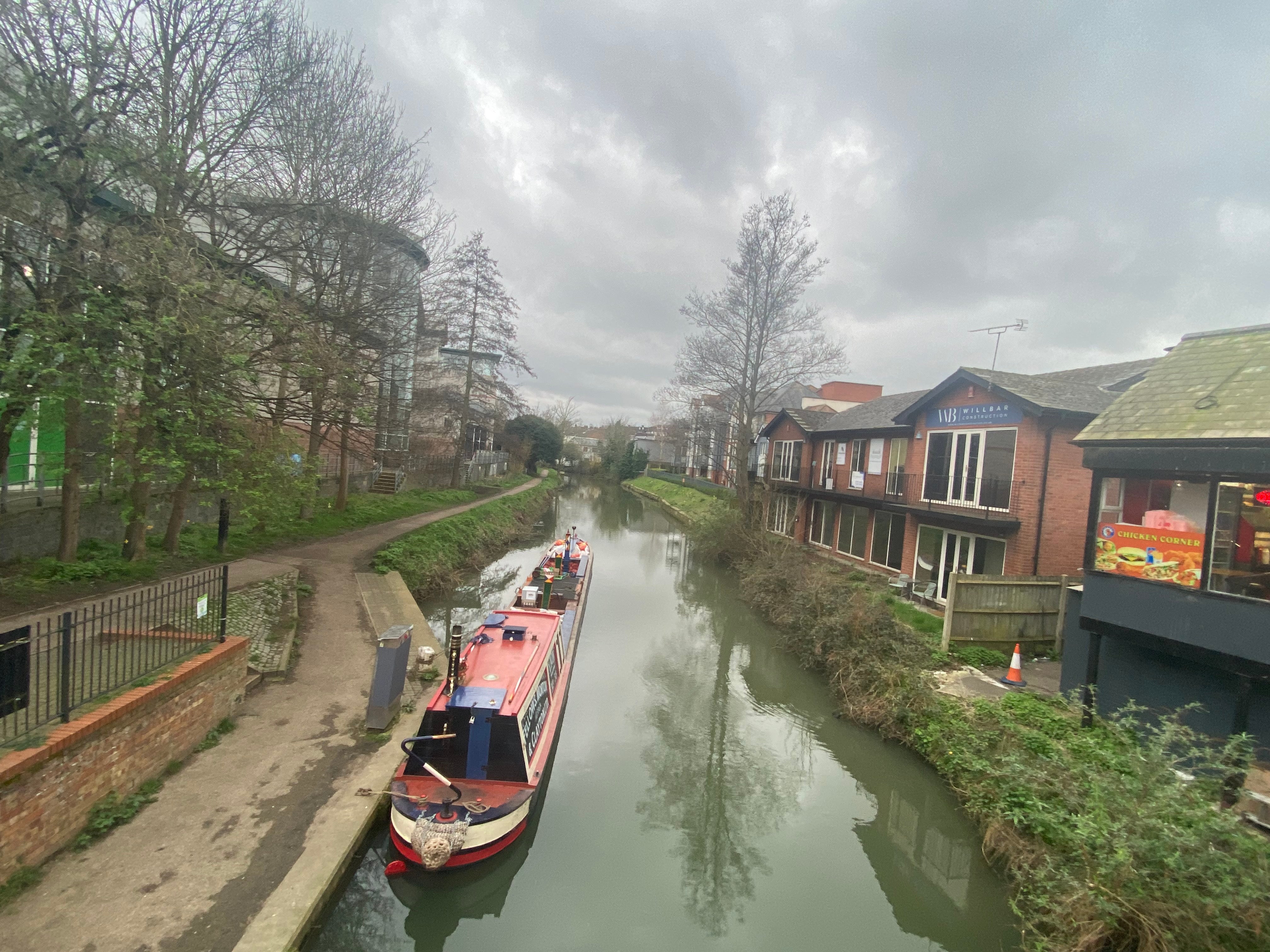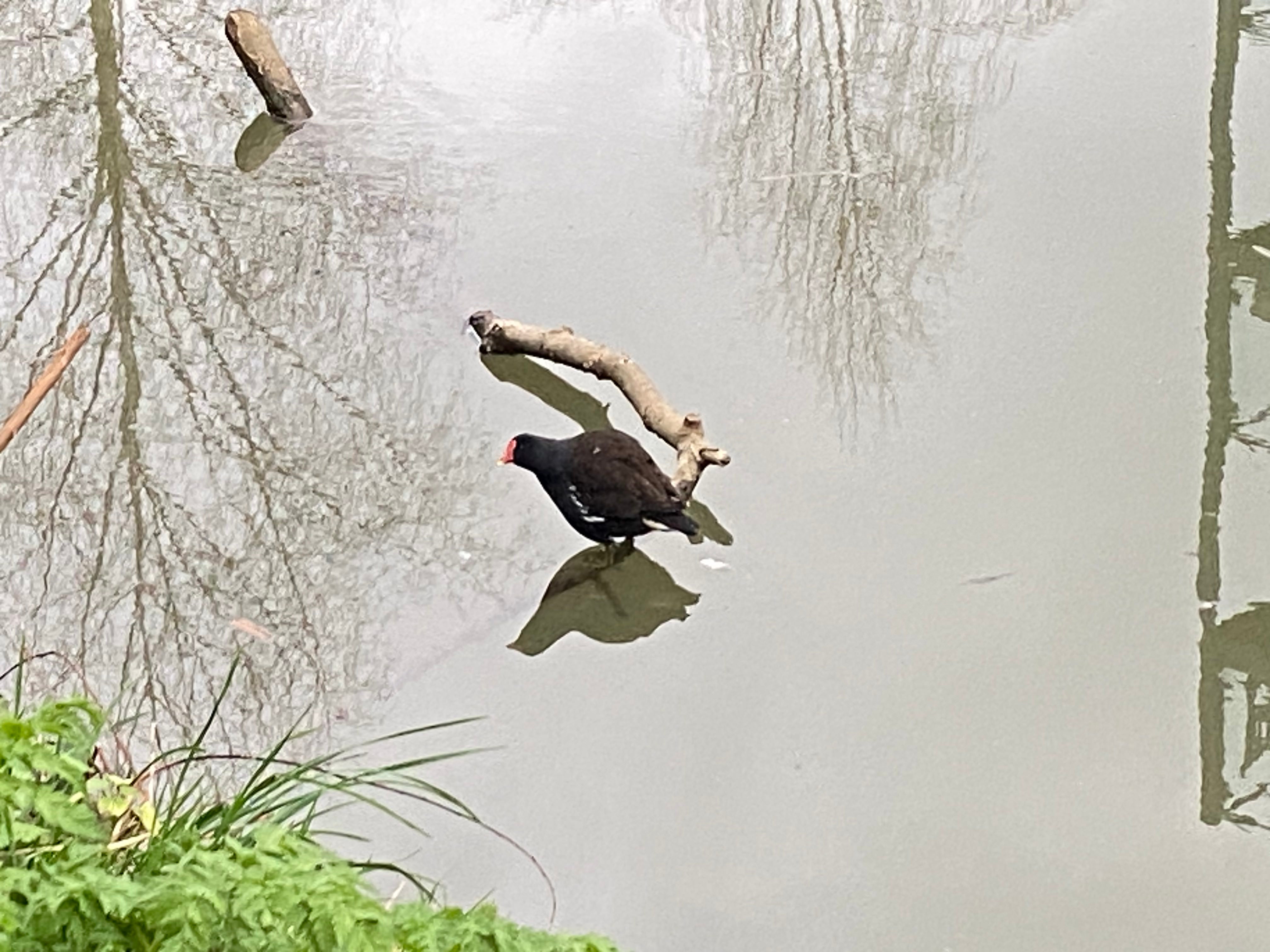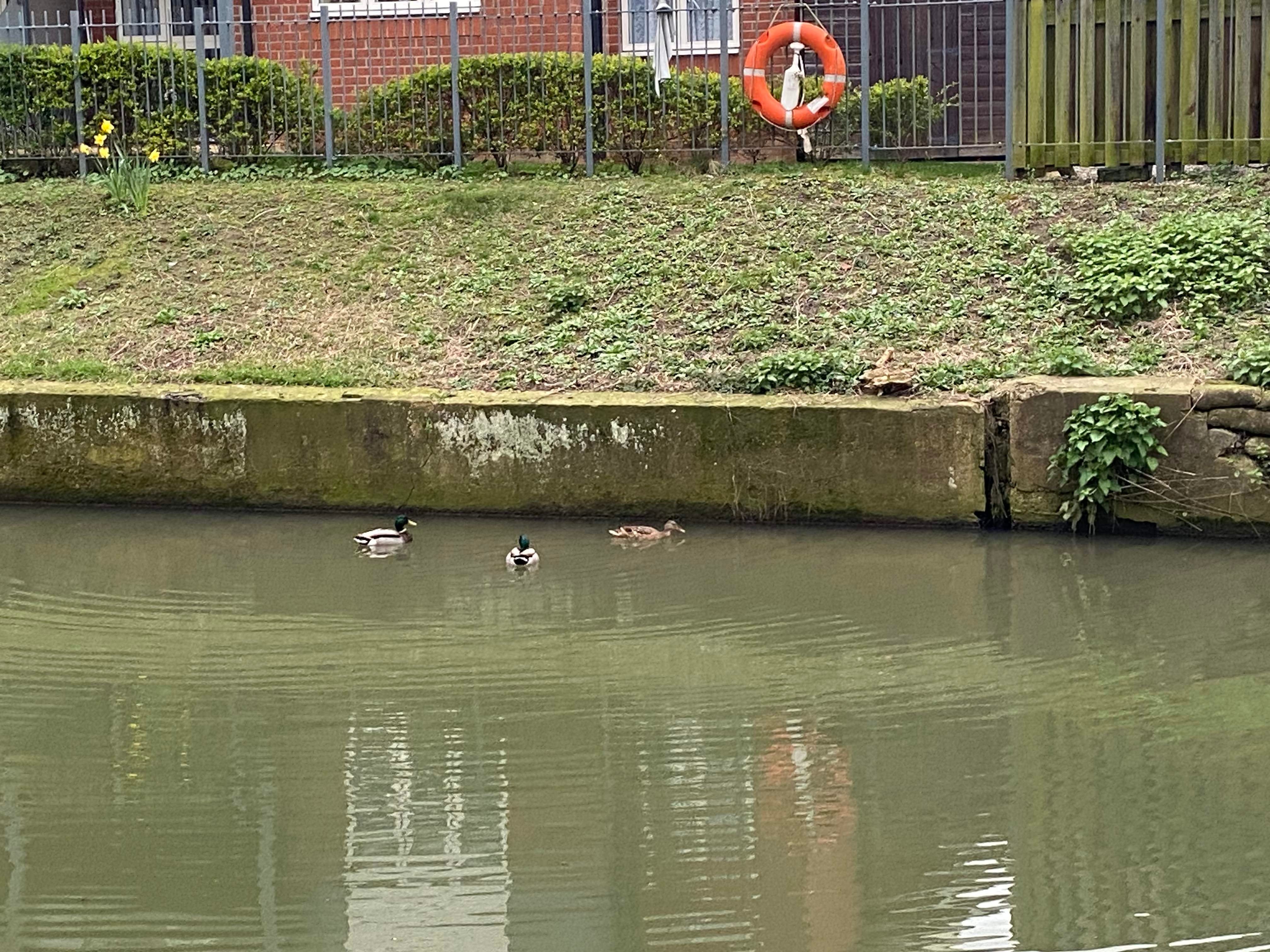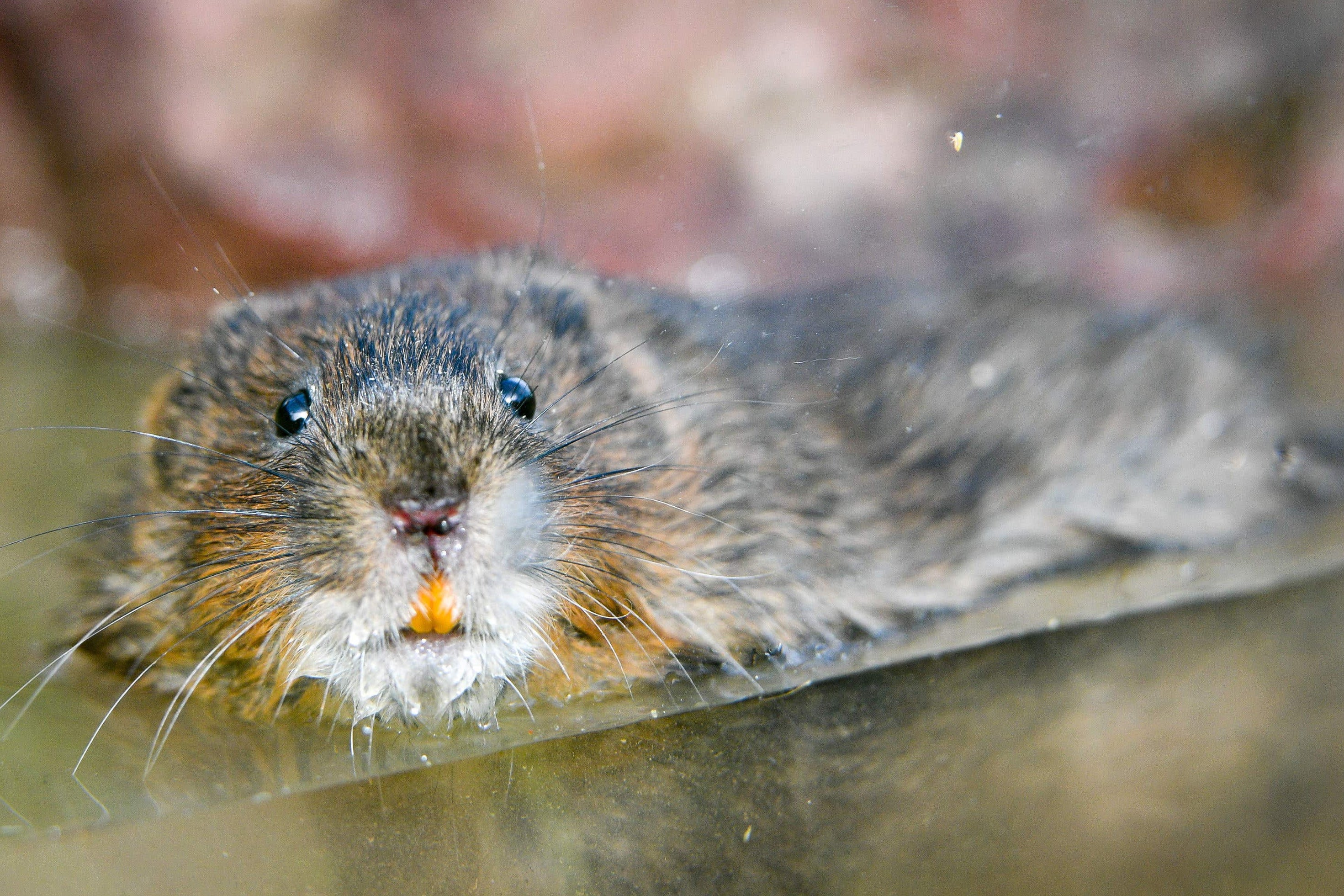River Stort given new lease of life in £25m rewilding project: ‘Trolleys have been pulled out of the river’
Residents have praised the new governmental wildlife restoration fund – but some warn the plans do not go far enough

A river so polluted that locals refuse to swim in it is being cleaned up as part of a £25 million rewilding project.
The River Stort, a chalk stream in Hertforshire, is set to undergo restoration efforts following a government grant issued to the Hertfordshire and Middlesex Wildlife Trust.
The Species Survival Fund has allocated resources to 20 new conservation projects nationwide, focusing on rehabilitating “critical habitat areas” equivalent in size to the city of York.
The group of rivers covered by the fund include stretches of the Lea, Quin, Stort, and Ash, and over time could regenerate thousands of miles of crucial waterways and inlets.
Residents of Bishop’s Stortford, a historic market town along a section of the river, were quick to highlight its importance in their community.

Postman Neil Whitbread said the Stort is a “solace” for the local residents. He said: “Growing up, the river was always part of my life. I’ve laughed there, I’ve cried there. I took my kids down there to fish.
“The Stort is more polluted than it was when I was a kid, because we used to go swimming there. But I wouldn’t go swimming there now.”
Wetherspoon shift leader and student Billianna Instrall, 19, also cherish their time spent at the stream: “On nice days, my family and I often walk along and enjoy the river. My parents love canal boats, we often pick out and choose the nice ones and admire them.”

Ms Instrall found the funding announcement “amazing”: “The Stort is our name, our heritage. I can’t imagine not having it here, so if there’s something to change, to keep it alive for us, I’m very glad to hear that.”
Earning a living by supplying boaters coal, gas, and diesel on a canal boat on the Stort, Ben Partridge, 31, was also happy to hear the news, as he thinks there are parts of the river “needing lots of care and attention”.
“It’s not very often that they want to fund stuff. It’s all mainly just take, take, and take, not fund.”
The Stort is only one example of the UK’s polluted chalk rivers, rare special lowland streams springing from the chalk aquifer normally with clear water and a wide variety of flora. A 2014 report stated that most chalk streams worldwide were classified as “not in good health”, with no stream in “High” status, 23 per cent of the streams being “Good”, 46 per cent “Moderate”, and 30 per cent “Poor or Bad”.

Some 85 per cent of the world’s 200 chalk rivers are in southern and eastern England.
“The main bulk of money will be on capital work for the rivers,” Hertfordshire and Middlesex Wildlife Trust river catchment coordinator Sarah Perry said. “We have work in progress on 11.5 km of our chalk rivers.” The Hertfordshire and Middlesex Wildlife Trust received £1.7m as part of the fund.
Other projects included in the funding scheme will also restore waters elsewhere in the UK, including the Medlock River managed by Groundwork Greater Manchester.
“It’s a really exciting opportunity to improve the habitats and connect people to nature,” Groundwork Greater Manchester project manager Lucy Stowell-Smith said.
However, several environmental campaigns are dissatisfied with the new government fund.

“We can’t just have sprinklings of bits of money here and there and everywhere. It has to be part of the concerted plan, and we don’t have that concerted plan. It’s a mess,” Friends of the Earth nature campaigner Paul de Zylva said.
An Extinction Rebellion spokesperson stated that the government’s approach to nature and the environment is “piecemeal, insufficient, and contradictory to say the least.”
They added: “They have allowed water companies to kill our rivers with sewage, and the new drilling they have licensed in the North Sea is doubling down on a pathway that leads to extinction for much of life on Earth.”
University of Oxford’s Leverhulme Centre for Nature Recovery researcher Thomas Atkins said that although the funding allocation is “a positive initiative”, offering 20 projects a share of £25m is “not enough” to achieve the government’s legally binding target to halt the decline in species abundance by 2030.
“From a biologist’s perspective, we need a systematic change in the way we manage and develop in the countryside to have any chance of succeeding at this,” he commented.
That said, Mr Whitbread is still delighted that the government is funding the rewilding of the Stort, saying: “The river is there for everybody, no matter how rich you are, how poor you are.”
Join our commenting forum
Join thought-provoking conversations, follow other Independent readers and see their replies
Comments
Bookmark popover
Removed from bookmarks